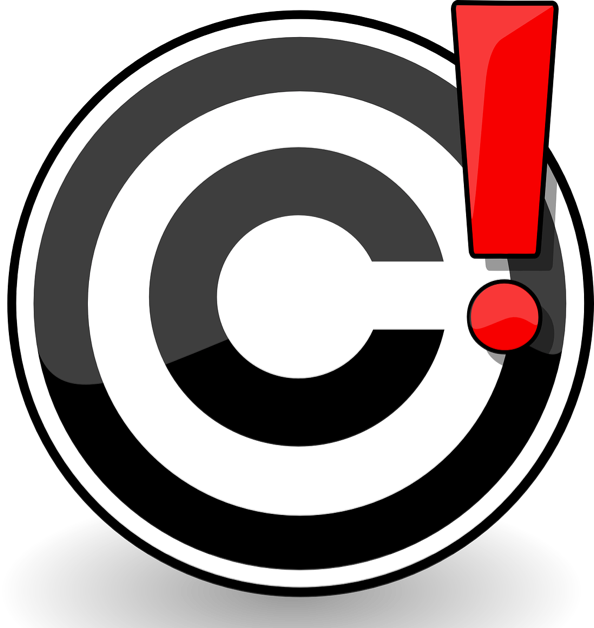When you launch your own website, you’ll need some images to go on it. Digital media is all about appealing content, and images are a great addition. Most fashion e-commerce stores use images to increase conversions and instill a sense of desire in the user. With some good, high quality images, you can easily create custom landing pages on any e-commerce website builder.
Images also help you make your e-commerce template unique. For example, if you have a Shopify template for your e-store, you could change all the existing imagery on the theme to build yourself a brand new custom look and feel of your own. And with the images available online for free, life just got so much easier! However, while searching online free images for commercial use, you’ll need to understand the rules of usage. This way, you make sure you are following a good and completely ethical practice. You also protect your business from issues in the future.
Stock Photos
Stock photos are images available on a provider’s website. These often have specific licenses; it is important that you understand these before using stock photos in your business.
Pixabay Offers Online Stock Photos For Free
Types of Stock images
On a broad level, there are two types of stock images:
Royalty-Free Images
These are images that are free for use, without any restrictions once you buy them.
There are no limitations as to where or how many times you may use them. You buy the license of your chosen image, following which you download it. Then, you may use it as you wish. The cost of such images usually depends on the size of the file.
‘Royalty-free’ images aren’t actually free of cost; you need to buy a license first. This is perfectly legal and safe practice.
Rights-Managed Images
In this case, you buy the license and download the image. There are a few restrictions on their use, usually case-specific. Limitations are usually based on the duration of use, and whether your usage is industry-specific or regional.
When you buy the rights-managed stock photos, make sure you go through the restrictions beforehand.
Copyrights
A copyright is a way of providing protection to the authors of artistic and literary works.
When an image is created, a copyright protects it. Often, you may find images on the internet and mistake them for free images, while they are not. An image’s being online doesn’t imply that it is free, unless it is made available on a public domain.
Copyright Infringement

Copyright infringement is a no-no
There are certain acts that count as violation or infringement of a copyright. It is better to know these beforehand than to face issues later. These violations include:
Use of complete or partial image without permission
It would be considered a violation if an image or a part of it is used without buying the license or without getting official permission to reuse it.
Not complying with restrictions
When you buy a rights-managed image, you’re subject to certain restrictions. If an image is used beyond these limitations, this will be considered an infringement, irrespective of your license purchase.
Transforming images without permission
There are various image editing tools that you can use to change the original image. However, using an image this (altered) way is actually a violation. That is, unless you have acquired the permission to make such adjustments.
Duplicating the image
To bypass restrictions on the number of times an image may be used, some users replicate the original using another photographer, or a graphic designer. Some users might even upload a duplicate image.
This is copyright infringement, and will be counted as an illegal act.
Accountability For Copyright Infringement
When an infringement occurs, it affects all the people involved. In fact, the individuals who may be held accountable include:
- The individual who stole the image. The intention/reason is not considered.
- The publisher of the images
- The authority who authorised the use of a copyrights-protected image without permission
Understand these permissions. Accordingly, buy the licenses and get the required permissions.
When in doubt, always check with the author, rather than taking a call on your own. An infringement could result in a lawsuit. This could bring financial losses due to costly legal fees; these take a toll on your capital and operational expenses as well. In rare cases, even criminal charges have been filed.
It is strongly advisable that avoid such issues, and obtain the required licenses and permissions. Using these tips, you can use the right images for your e-commerce website, the right way.

